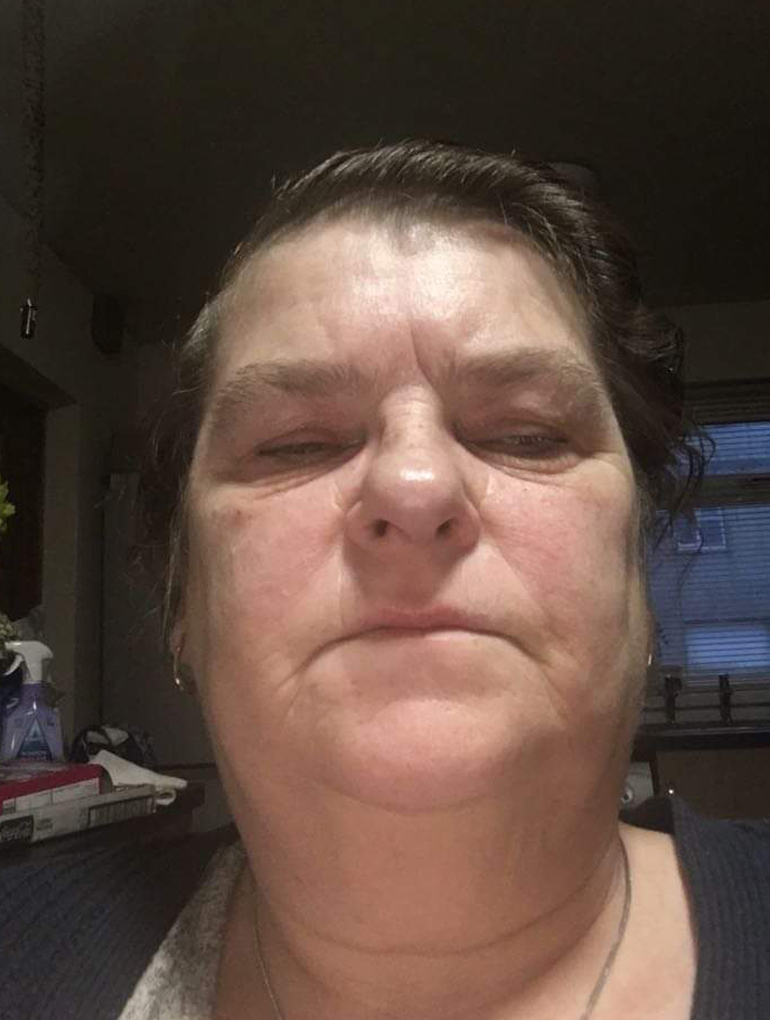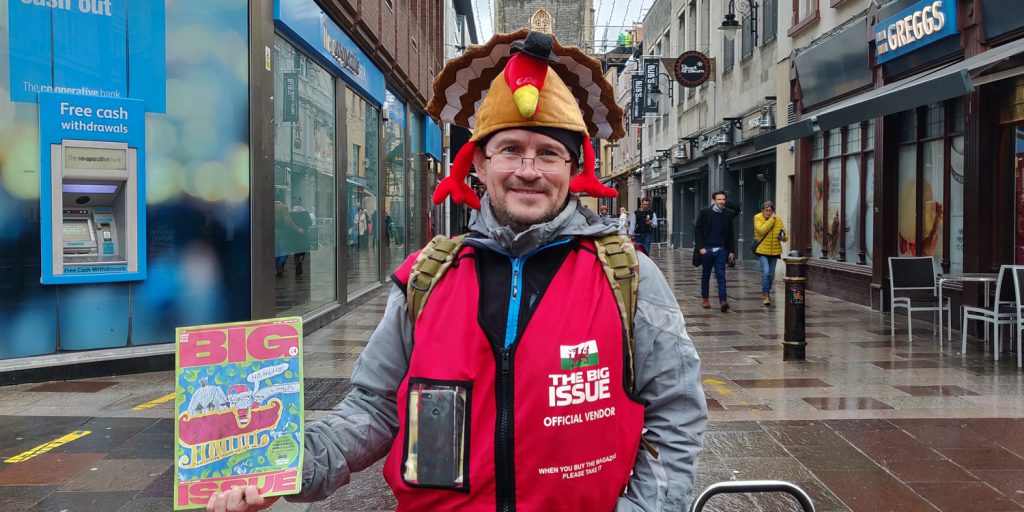With the universal credit uplift introduced in April 2020 now removed, many South Wales residents say they face a long, harsh winter

Wrapped up in a thick grey jumper, Kay Harris is sitting in her home in Bettws, near Bridgend. It’s a six degrees outside, but Kay hasn’t turned her heating on all winter, it’s a luxury she can’t afford.
She joins almost 200,000 people on universal credit in South Wales who have been impacted by the UK Government’s decision to remove the £20 a week uplift on 6 October 2021.
In April 2020, claimants received an extra £20 a week to help with the economic uncertainty created by the pandemic. The boost was introduced to assist people who were put on furlough or had lost their jobs.
With one in five people living in poverty, Wales has been significantly affected by Covid-19. The beginning of this year saw a sharp rise in households turning to universal credit in Cardiff especially.
The number of households (a single person or co-habiting couple with or without children) on universal credit increased by over 1,000 between December 2020 and January 2021, the same time the second national lockdown was imposed. The month prior, the number had started to decrease by 300.
An anti-poverty group, Joseph Rowntree Foundation, has claimed that an average of 21.5% of working-age families (with or without children) in South Wales will experience a £1,040 a year cut to their universal credit claim.
Watch a video on how the universal credit cut is affecting two local people:
What is universal credit?
- Universal credit is a single benefit payment paid monthly for working-age people. It was introduced in 2013 and replaced Income Support, Income-based Jobseeker’s Allowance, Income-related Employment and Support Allowance, Housing Benefit, Child Tax Credit and Working Tax Credit.
What is taper rate?
- The taper rate is the amount of universal credit payments a claimant will lose as they work and earn more above a certain threshold known as the work allowance. In October, it was announced that the taper rate would reduced from 63% to 55%.
- This means for every £1 earned over the work allowance, the amount of universal credit paid will be reduced by 55p, rather than 63p.
How have the people of South Wales been affected?
Previously a full-time-carer to her mother and husband, Kay Harris from Bettws has claimed universal credit since her husband died in July 2020.
The 55-year-old’s application took seven weeks to process, two weeks longer than the normal waiting time.

Since the removal of the uplift in October, Kay’s monthly income has decreased from £628 to £541.
“I’m afraid to put my heating on,” she says. “I know I can’t afford to pay the bill at the end of month, Not on the money I’m getting anyway.
“To be without £1,044 a year is a lot when you rely on that money to live on. Especially when I have to pay £68 a month for the bedroom tax. By the time I’ve paid my electricity, my gas, my TV licence, my phone bill, it doesn’t leave a lot for food shopping.”
Kay, who has two grown-up sons, had to rely on food banks last month and now with the rise of food and fuel prices, her expenditure has increased each month.
“I didn’t have an option,” she says. “I’m struggling terribly. I’ve never been like this before.”
I’m struggling terribly. I’ve never been like this before
In October Rishi Sunak, Chancellor of the Exchequer, reduced the taper rate from 63% to 55%. This means that claimants who earned over the work allowance would receive more universal credit.
It is part of the UK Government’s Plan for Jobs initiative to get people back into work. Kay, whose ill health prevents her from working, believes it’s a punishment.
Kay suffers from asthma, arthritis and chronic obstructive pulmonary disease (COPD) an illness that affects the lungs and makes it difficult to breathe. Despite this, she’d love to go back to work.
“I can’t see people wanting to employ a 55-year-old with ill health. It’s a risk,” she says. “They’re punishing people who are vulnerable.”
“I don’t think the Welsh Government are doing enough, but they have their hands tied,” she adds. As a member of Unite the Union Community, a trade union that strives for equality, Kay protested about the removal of the uplift in September, outside the Senedd.
She exclaims, “I believe in sticking up for your own rights!”
How has Welsh Government responded?
The Welsh Government strongly condemned the UK Government’s plan to cut the uplift and said it would likely lead to a breakdown for families already on the breadline.
Jane Hutt, Minister for Social Justice, said, “The ending of the £20 per week means households across Wales are heading towards a financial cliff edge.”
From 13 December, the Welsh Government are offering a £100 one-off payment to eligible households on universal credit to help fuel bills in a small effort to offset the cut.
The big (and worrying) issue across Cardiff

It’s always a slow sales day when it’s drizzling, but Big Issue seller Lee Mcadorey is singing triumphantly in St. Mary Street.
“Buy an issue, fa la la la la. ‘Tis the season to be jolly la la la,” he sings, “Big Issue – you can even pay by card!”
The 48-year-old, originally from Blaenavon, lives with his ten-year-old daughter in vulnerable housing and has been on universal credit since before the pandemic.
Wearing a Santa and reindeer costume, Lee says the uplift should have remained because we are still in a pandemic.
“I became reliant on it and now that it’s been taken away, it was a bit of a shock,” he says, especially with the rise in the cost of electricity and food which the £20 a week went towards.
He says the Welsh Government aren’t doing enough to help the homeless and vulnerable, notably when there are big events held in Cardiff.
“Just like the sweepers cleaning the streets, they sweep the homeless off the streets. I’ve seen it.”
Lee is also worried that the government will force people to be vaccinated in order to continue receiving benefits. He would prefer to wait until there is more research available about the vaccine.
“If that happened, I wouldn’t be able to live. I wouldn’t be able to afford to live,” he stresses, “I would be homeless again.”
What is certain for Kay and Lee is a tough new year ahead, with plenty of thick layers.
